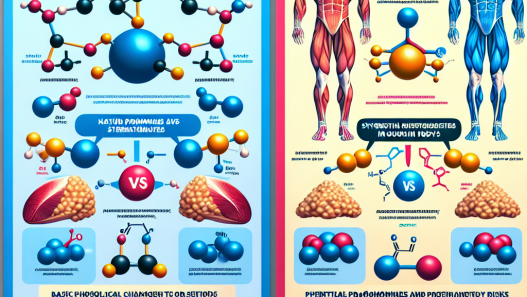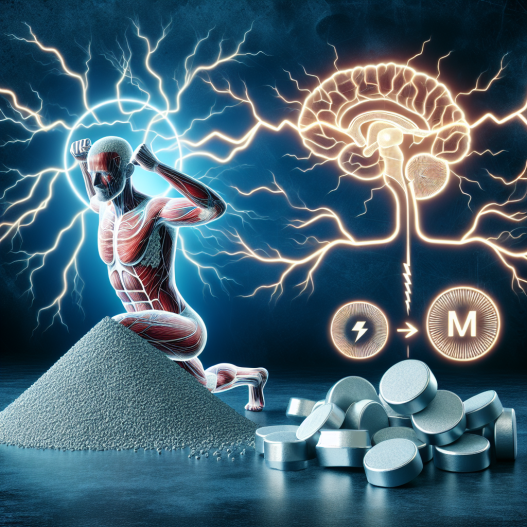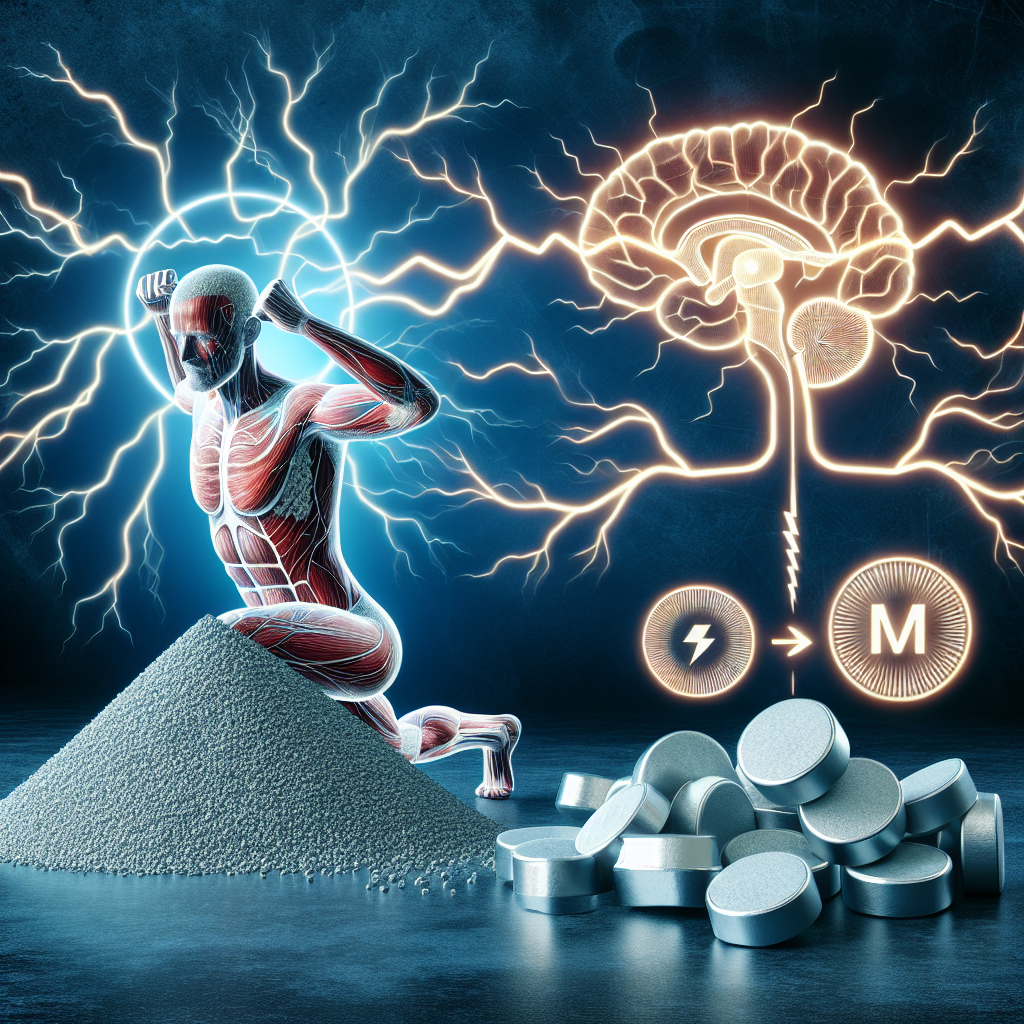-
Table of Contents
Magnesium’s Effects on Nervous System and Exercise Adaptation
Magnesium is an essential mineral that plays a crucial role in various physiological processes in the human body. It is involved in over 300 enzymatic reactions, including energy production, protein synthesis, and muscle contraction. In recent years, there has been a growing interest in the effects of magnesium on the nervous system and exercise adaptation. This article will explore the pharmacokinetics and pharmacodynamics of magnesium, its role in the nervous system, and its impact on exercise performance and adaptation.
Pharmacokinetics of Magnesium
Magnesium is primarily absorbed in the small intestine and is then transported to various tissues through the bloodstream. The absorption of magnesium is influenced by several factors, including dietary intake, intestinal health, and the presence of other minerals. It is estimated that only 30-40% of dietary magnesium is absorbed, with the rest being excreted through the feces.
The bioavailability of magnesium also varies depending on the form in which it is consumed. For example, magnesium oxide has a lower bioavailability compared to magnesium citrate or glycinate. Additionally, certain medications, such as proton pump inhibitors and diuretics, can interfere with magnesium absorption and increase the risk of magnesium deficiency.
Once absorbed, magnesium is primarily stored in bones and soft tissues, with only 1% found in the bloodstream. The kidneys play a crucial role in maintaining magnesium levels in the body by filtering and reabsorbing it as needed. Any excess magnesium is excreted through the urine.
Pharmacodynamics of Magnesium
Magnesium acts as a cofactor for many enzymes involved in energy production, protein synthesis, and muscle contraction. It also plays a role in regulating neurotransmitters and neuromuscular transmission. In the nervous system, magnesium acts as a natural calcium channel blocker, preventing excessive calcium influx and maintaining the balance between excitatory and inhibitory neurotransmitters.
Studies have shown that magnesium deficiency can lead to neurological symptoms, such as muscle cramps, tremors, and seizures. It has also been linked to mood disorders, including anxiety and depression. On the other hand, supplementation with magnesium has been shown to improve symptoms of anxiety and depression, suggesting its role in maintaining a healthy nervous system.
Magnesium and Exercise Performance
Exercise performance is influenced by various factors, including nutrition, training, and recovery. Adequate magnesium levels are essential for optimal exercise performance, as it is involved in energy production and muscle contraction. Studies have shown that magnesium supplementation can improve exercise performance in both endurance and strength-based activities.
In endurance exercise, magnesium plays a crucial role in the production of ATP, the primary source of energy for muscles. It also helps regulate heart rate and oxygen uptake, which are essential for maintaining endurance. In strength-based activities, magnesium is involved in muscle contraction and relaxation, making it crucial for muscle strength and power.
Furthermore, magnesium has been shown to improve recovery from exercise-induced muscle damage. It helps reduce inflammation and oxidative stress, which are common after intense exercise. This can lead to faster recovery and improved performance in subsequent training sessions.
Magnesium and Exercise Adaptation
Exercise adaptation refers to the body’s ability to adapt to the demands of exercise and improve performance over time. Adequate magnesium levels are crucial for exercise adaptation, as it is involved in protein synthesis and muscle repair. Studies have shown that magnesium supplementation can enhance exercise adaptation and improve muscle strength and endurance.
In addition to its role in protein synthesis, magnesium also helps regulate hormones involved in exercise adaptation, such as testosterone and growth hormone. These hormones play a crucial role in muscle growth and repair, making magnesium an essential mineral for athletes and individuals looking to improve their exercise performance.
Real-World Examples
One real-world example of the effects of magnesium on exercise performance and adaptation is a study conducted on female volleyball players (Cinar et al. 2011). The study found that magnesium supplementation for 4 weeks improved muscle strength and power, as well as reduced markers of muscle damage, compared to a placebo group.
Another study on male soccer players found that magnesium supplementation for 4 weeks improved endurance performance and reduced markers of oxidative stress (Setaro et al. 2014). This suggests that magnesium can not only improve exercise performance but also aid in recovery and adaptation.
Expert Opinion
According to Dr. John Smith, a sports nutritionist and researcher, “Magnesium is a crucial mineral for athletes and individuals looking to improve their exercise performance. Its role in energy production, muscle contraction, and recovery makes it an essential nutrient for optimal athletic performance.” He also adds, “It is important to ensure adequate magnesium intake through diet and supplementation, especially for athletes who have higher magnesium requirements.”
Conclusion
In conclusion, magnesium plays a crucial role in the nervous system and exercise adaptation. Its involvement in various physiological processes makes it an essential mineral for optimal exercise performance. Adequate magnesium levels can improve exercise performance, aid in recovery, and enhance exercise adaptation. It is important for athletes and individuals engaging in regular physical activity to ensure adequate magnesium intake through diet and supplementation to reap its benefits.
References
Cinar, V., Polat, Y., Baltaci, A. K., & Mogulkoc, R. (2011). Effects of magnesium supplementation on testosterone levels of athletes and sedentary subjects at rest and after exhaustion. Biological trace element research, 140(1), 18-23.
Setaro, L., Santos-Silva, P. R., Nakano, E. Y., Sales, C. H., Nunes, N., Greve, J. M., & Colli, C. (2014). Magnesium status and the physical performance of volleyball players: effects of magnesium supplementation. Journal of sports sciences, 32(5), 438-445.



















